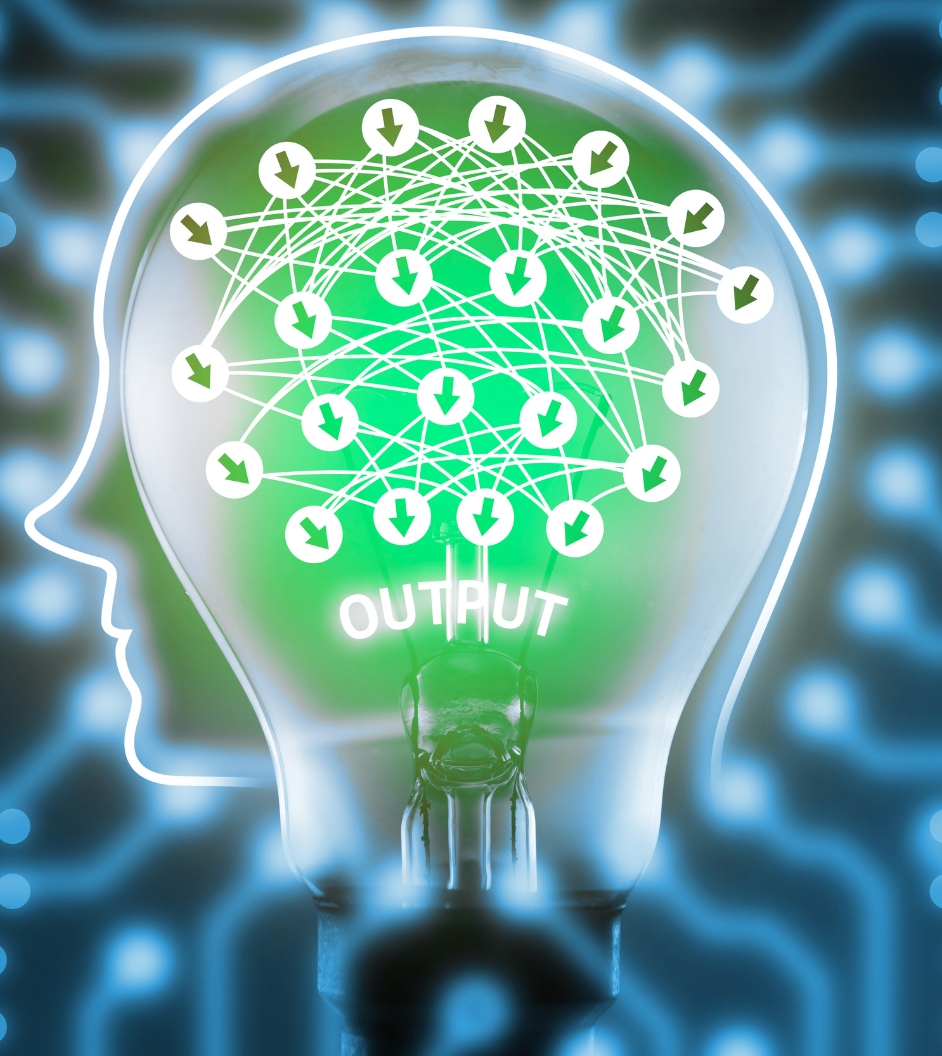
About the Deep Learning Course
The Deep Learning Course by Skill Up Partner is designed to guide learners from the fundamentals of neural networks to real-world applications using advanced deep learning tools and frameworks. This course provides hands-on training in building deep neural networks using TensorFlow, Keras, and Python libraries — helping learners understand how machines see, learn, and interpret patterns through data. Whether you’re stepping into AI or preparing for ML roles, this course gives you practical experience in building, training, and deploying deep learning models.
Modules Breakdown
Why Choose Skill Up Partner?
Tools & Technologies You’ll Master
Tools & Technologies You’ll Master
Our plans for everyone – Deep Learning Course
Beginner
₹ 1,499
₹ 2,999.00 Save 50%
🔥 Limited time offer
10–15 days live courses.
Recommended For:
– 1st/2nd year CSE, IT, AI/DS students
– Beginners with basic Python skills
– Non-CS learners exploring AI
– Students looking for internship opportunities
– Students looking to build foundational knowledge in Deep Learning
Our Mentors from
various MNCs and industries have rich professional experience

Why Choose Deep Learning Course
Choosing a Deep Learning course is a strategic step toward mastering the most advanced and powerful branch of Artificial Intelligence. Unlike traditional machine learning, deep learning enables machines to learn from vast amounts of unstructured data such as images, audio, and natural language—making it the core technology behind innovations like self-driving cars, facial recognition, voice assistants, and generative AI tools like ChatGPT and DALL·E. As industries increasingly adopt AI-driven solutions, professionals with deep learning expertise are in high demand and enjoy lucrative career opportunities.
This course equips you with hands-on experience using frameworks like TensorFlow and PyTorch, and helps you build intelligent systems that can think, see, and understand like humans—preparing you to lead in the era of automation and innovation.
Key Highlights:
- Deep dive into Neural Networks, CNNs, RNNs, LSTMs, Autoencoders, GANs
- Hands-on with TensorFlow, Keras, PyTorch, and real-world datasets
- Applications in Computer Vision, NLP, Audio Processing, Time Series Forecasting
- Real-time Projects: Face detection, chatbots, image classification, voice recognition, etc.
- Capstone project with deployment using Flask, Streamlit, or AWS
- Industry-recognized certification
- Mentorship from industry experts
- Career support: Resume building, portfolio review, and interview prep
Who Should Join?
- Software Developers & Data Scientists: Wanting to move from traditional ML to deep AI-based systems
- Students & Research Scholars: In computer science, electronics, mathematics, or neuroscience
- AI/ML Enthusiasts: Looking to build intelligent systems that can mimic human thinking
- Academicians & Trainers: Who wish to stay updated in AI education and curriculum
- Startup Founders & Innovators: Wanting to develop AI-powered products like chatbots, AI tools, or automation systems
Future Scope of Deep Learning
The future of Deep Learning is incredibly promising and spans across nearly every industry. As a subfield of Artificial Intelligence, deep learning has already revolutionized how machines perceive and interpret complex data such as images, speech, text, and video. Moving forward, it will continue to power transformative innovations—from generative AI (like ChatGPT and DALL·E) to self-driving cars, smart robots, and diagnostic tools in healthcare. In the finance sector, deep learning models are being used for fraud detection, algorithmic trading, and customer behavior analysis. In retail and e-commerce, it’s driving hyper-personalization through recommendation engines and visual search. Governments and researchers are leveraging deep learning to analyze climate data, predict natural disasters, and design smart cities. As industries grow more data-driven, the ability to design and deploy deep learning models will become a critical skill, creating high-paying roles like AI Research Scientist, NLP Engineer, Computer Vision Specialist, and Generative AI Developer.
With continued advancements in hardware (like GPUs and TPUs), and the expansion of edge computing and federated learning, deep learning will become faster, more accessible, and embedded in everyday technologies—making it one of the most futuristic and impactful career paths in tech.
Key Growth Areas in Deep Learning:
1. Generative AI
- Creating content such as text, images, music, and video
- Powering tools like ChatGPT, DALL·E, Sora, Midjourney
- Use cases in marketing, design, media, and entertainment
2. Computer Vision
- Applications in facial recognition, object detection, surveillance
- Used in autonomous vehicles, AR/VR, and industrial quality control
- Growing adoption in retail, healthcare, and security systems
3. Natural Language Processing (NLP)
- Human-like understanding of language in chatbots, virtual assistants, translators
- Deep learning models for sentiment analysis, summarization, voice-to-text
- Driving intelligent customer support and content moderation
4. Healthcare & Life Sciences
- Medical image analysis (X-rays, MRIs, CT scans)
- Predictive diagnostics, genomics, drug discovery
- Real-time patient monitoring using wearable devices
5. Autonomous Vehicles
- Deep learning enables lane detection, obstacle avoidance, and decision-making
- Used in self-driving technology by companies like Tesla, Waymo, and Uber
- Also powers drones and robotic delivery systems
6. Financial Technology (FinTech)
- Fraud detection, credit scoring, and algorithmic trading
- Customer behavior prediction and personalized financial services
- Automated document processing in banking
7. Reinforcement Learning & Robotics
- Training agents to learn through trial and error
- Used in industrial automation, gaming, warehouse management
- Core to building intelligent robotics systems
8. Edge AI & IoT Integration
- Running deep learning models on mobile devices, wearables, and IoT sensors
- Enables real-time AI without cloud dependency
- Key for smart homes, healthcare devices, and remote monitoring
9. AI in Gaming & Simulation
- Creating intelligent opponents and dynamic storytelling
- Realistic NPC behavior using reinforcement learning
- Personalized game experiences and procedural content generation
10. AI Research & Explainable AI
- Innovation in model transparency, bias detection, and ethics in AI
- Developing interpretable models for sensitive industries
- Academic and corporate investment in AI safety and fairness





















